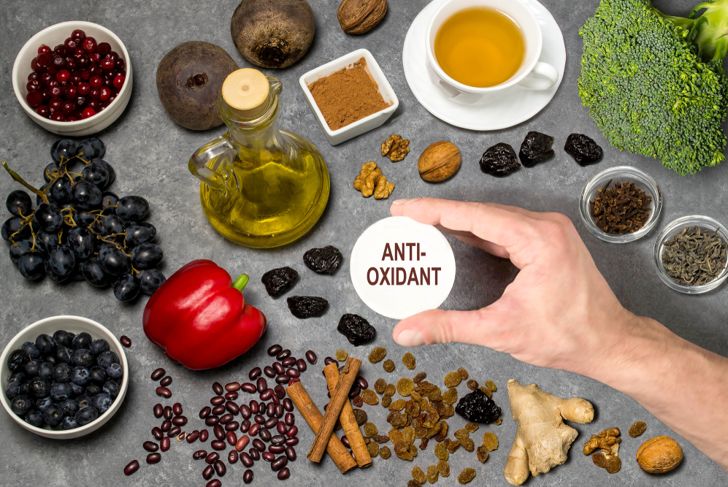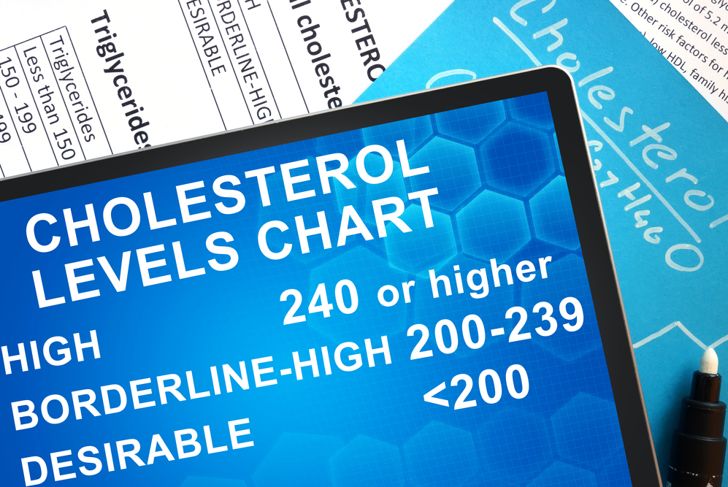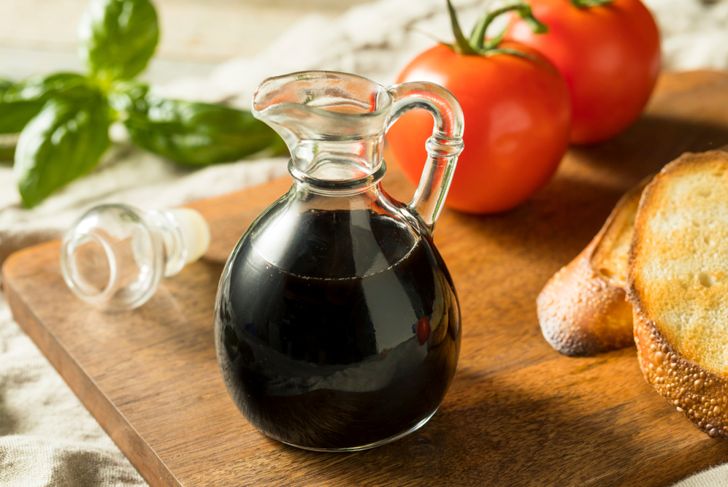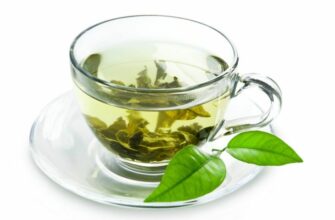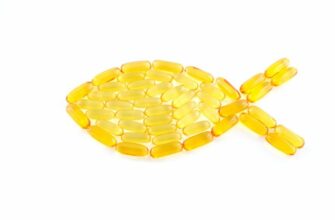Balsamic vinegar is a concentrated dark brown or burgundy vinegar. It originated in Modena, Italy centuries ago. Most balsamic vinegar is still produced in Italy, prepared by reducing unfermented grape juice into a syrup that is then aged in wooden barrels.An intensely sweet and sour flavor with hints of smokiness makes balsamic vinegar popular in culinary pursuits, but folk remedies often feature vinegar as well. The Latin term balsamico referred to healing or restorative powers. Although folk remedies aren’t always backed by science, modern research does confirm many potential health benefits of balsamic vinegar.
Digestion and Weight Loss
Balsamic vinegar influences several digestive enzymes, including AMPK, pancreatic amylase, and pepsin. AMPK stimulates another enzyme, lipase, to break down and absorb fat. Pancreatic amylase breaks down carbohydrates, and pepsin breaks down protein. Bioactive compounds in balsamic vinegar inhibit pancreatic amylase and pepsin activity, which slows carbohydrate and protein digestion. AMPK activity is enhanced and increases the rate of fat digestion. These combined effects contribute to a feeling of fullness that limits appetite.(Editor’s note: The opinions on balsamic vinegar’s effects on pepsin are conflicted, with many non-scientific sources stating it increases pepsin activity, and only one or two research studies stating that it inhibits it. Please speak to a dietitian or doctor if you want to learn more about how pepsin works and what foods affect it.)
Anti-Microbial Properties
Hippocrates may have been one of the first medical professionals to use vinegar to cure infection. Recent research finds that balsamic vinegar has antimicrobial properties; however, vinegar solutions strong enough to effectively treat ear infections or infected wounds could also damage skin and other tissues. Instead, experts suggest making use of this property to clean produce. The acetic acid in balsamic vinegar can inhibit the growth of Salmonella and other types of bacteria on lettuce and similar produce. Undiluted vinegar is also useful for cleaning dentures.
Regulate Blood Sugar
Balsamic vinegar can be beneficial for people with diabetes or prediabetes. A tablespoon contains approximately 14 calories, so it’s a healthful choice for flavoring foods. Some studies show that balsamic vinegar stimulates insulin secretion and reduces spikes in blood glucose levels to prevent hyperglycemia. Inhibitory effects on pancreatic amylase also moderate blood sugar after meals. Consume small amounts of balsamic vinegar before or during meals to help regulate blood sugar.
Antioxidant Activity
Antioxidants are bioactive compounds that modify physiological processes. Many antioxidants reduce the risk of chronic diseases by counteracting free radicals that damage proteins, lipids and DNA. Most vinegar contains several antioxidants, such as polyphenols, melanoidins, catechin and phenolic acids. Balsamic vinegar contains much more catechin than other vinegars. This particular antioxidant can limit the formation of free radicals and inhibit the physiological effects of aging.
Stabilize Blood Pressure
Balsamic vinegar suppresses the hormonal renin-angiotensin system that regulates blood pressure and fluid volume in the bloodstream. Acetic acid inhibits the angiotensin-converting enzyme, or ACE, which reduces the levels of angiotensin II — a hormone that stimulates the constriction of blood vessels. Limiting this hormone’s effects lets blood vessels dilate or expand and reduces blood pressure.
Lower Cholesterol
Balsamic vinegar’s effect on lipid metabolism may improve cardiovascular health. Consuming acetic acid regularly can reduce the amount of triglycerides and LDL, the “bad” cholesterol. One study finds that people with hyperlipidemia experienced significantly reduced LDL levels while consuming 30 milliliters of vinegar twice daily. Polyphenols in balsamic vinegar may also reduce the risk of atherosclerosis by preventing oxidized LDL in the bloodstream.
Improved Circulation
A substance called ligustrazine in balsamic vinegar is a calcium channel blocker. It may reduce the risk of blood clots by limiting platelet aggregation. Its properties can also inhibit muscle cell contractions within blood vessels, which expands the arteries and improves circulation. Ligustrazine has potential for treating cerebrovascular disease because it can pass through the blood-brain barrier.
Anti-cancer Effects
The antioxidants in fruit vinegars — like the polyphenols and phenolic acids mentioned earlier — reduce the oxidation of healthy cells by protecting them from free radicals. Limited cell oxidation lowers the risk of developing cancer. Studies find that vinegar can also trigger apoptosis, or cell death, in leukemia cells and cells affected by oral or colon cancer. More research is needed to understand vinegar’s potential anti-cancer properties.
Neurological Protection
Balsamic vinegar may enhance some aspects of cognitive function. Acetic acid bacteria can create sphingolipids, elements that are necessary for the creation of new brain tissue. A bioactive flavonoid, quercetin, provides additional neurological benefits. Quercetin can shield brain cells from oxidative stress, suppress neuroinflammation, and protect neurons from neurotoxins. Balsamic vinegar contains a higher concentration of quercetin than most vinegars.
Melanoidins
Melanoidins are complex compounds in balsamic vinegar that function as antioxidants and dietary fiber. They promote the growth of bifidobacteria in the intestines and protect the colon from destructive free radicals. The antibacterial properties of melanoidins inhibit the growth of E. coli, S. aureus, and Salmonella.

 Home
Home Health
Health Diet & Nutrition
Diet & Nutrition Living Well
Living Well More
More


